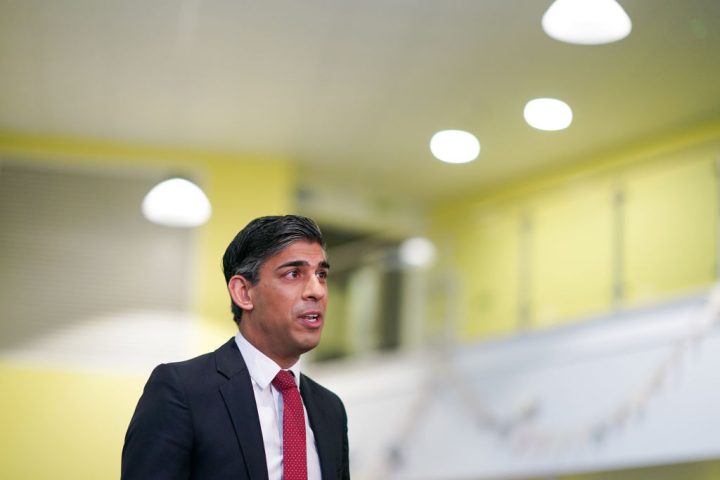So, what was the point of the Strikes (Minimum Service Levels) Act? What is happening today and for the rest of this week was exactly what it was supposed to prevent: whole rail networks closing down on strike days.
The law is in place and rail companies have the power to issue ‘work orders’ to staff demanding that enough employees turn up to work to run 40 percent of the normal service. They also have the powers to dismiss workers if they defy them. Yet not one of the 18 companies which are affected by this week’s rail strikes have used those powers. The one company which did indicate that it would invoke the act – LNER, which runs services between London, Leeds and Edinburgh – backed down when Aslef called a further five days’ of strikes.
What was the point of privatisation if taxpayers are on the hook even more than they were in the days of nationalisation?
So much for all the effort put into getting the Act through parliament, against bitter opposition in the Lords. It has been undermined by the usual potent combination of union bullying and craven management.
This is what is killing this government: not its policies but its serial failure to enact them, in spite of having a good working majority. What has happened with the Strikes Act is pretty similar to what has gone wrong with migration law. The government has huge public support for taking tough action on illegal migration; the human rights lawyers who have tried to frustrate the Rwanda plan and every other attempt to address the issue are in a completely different place from the public.
It happened, too, with plans to take on woke influences in the civil service, promises to decriminalise failure to pay the TV licence and many other things: the government comes up with a plan but then backs down or fails to drive it through properly.
Rishi Sunak just seems to lack the courage to carry through his policies. Compare his approach to the rail strikes with that of Thatcher when dealing with the National Union of Mineworkers 40 years ago. She stockpiled coal at power stations while she dug in for a long fight. For her, union militancy was a fight she simply had to win.
If she were PM now she would have parked a thousand coaches somewhere off the M25 with Polish drivers ready to take on the job of getting Londoners to work on strike days. She wouldn’t have sat by, gently suggesting to rail companies that they might like to use the legislation she have provided for them to tackle strikes – she would be docking their subsidies for every day they failed to provide a service. There wouldn’t be any money for them to pay the fat bonuses they have just paid their senior executives in spite of a year of disruption.
Rail companies have come up with a pathetic strategy for dealing with unions which involves caving in to their demands and then going with a begging bowl to the government for yet more public money to pay the swollen wage bill. That’s why we have ended up with train drivers on £60,000 a year in basic pay, with some earning £90,000 or more with overtime. Meanwhile taxpayers forked out £11.9 billion in subsidies last year. This is far more than we ever paid to support British Rail. What was the point of privatisation if taxpayers are on the hook even more than they were in the days of nationalisation?
Sure, taking on the rail unions would turn the Tories back into the nasty party, but that is where they need to be if they are going to realise their policies against an increasingly assertive left. As a nice party they are heading for oblivion.







Comments